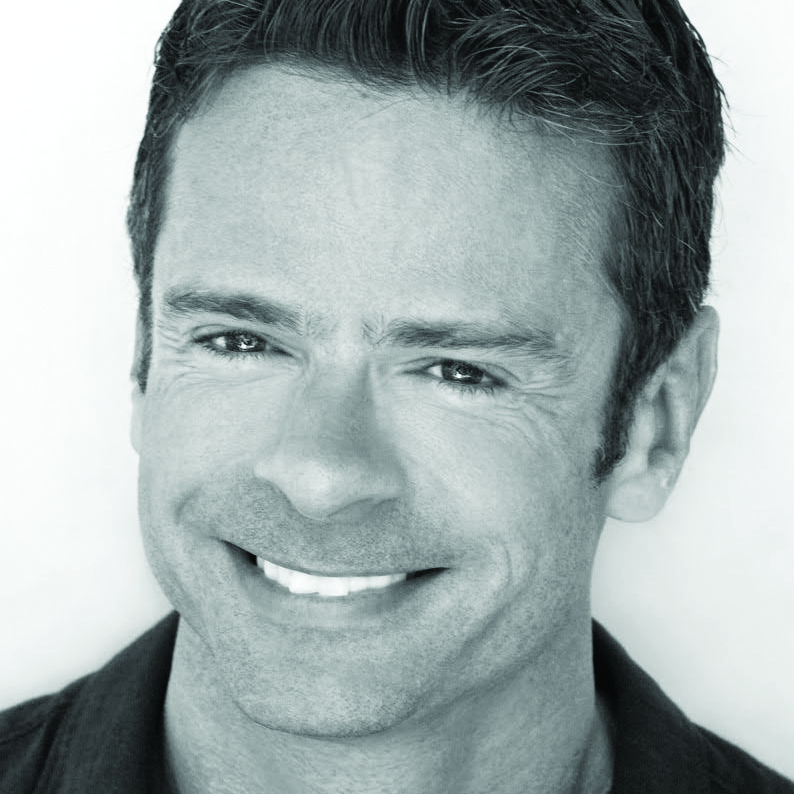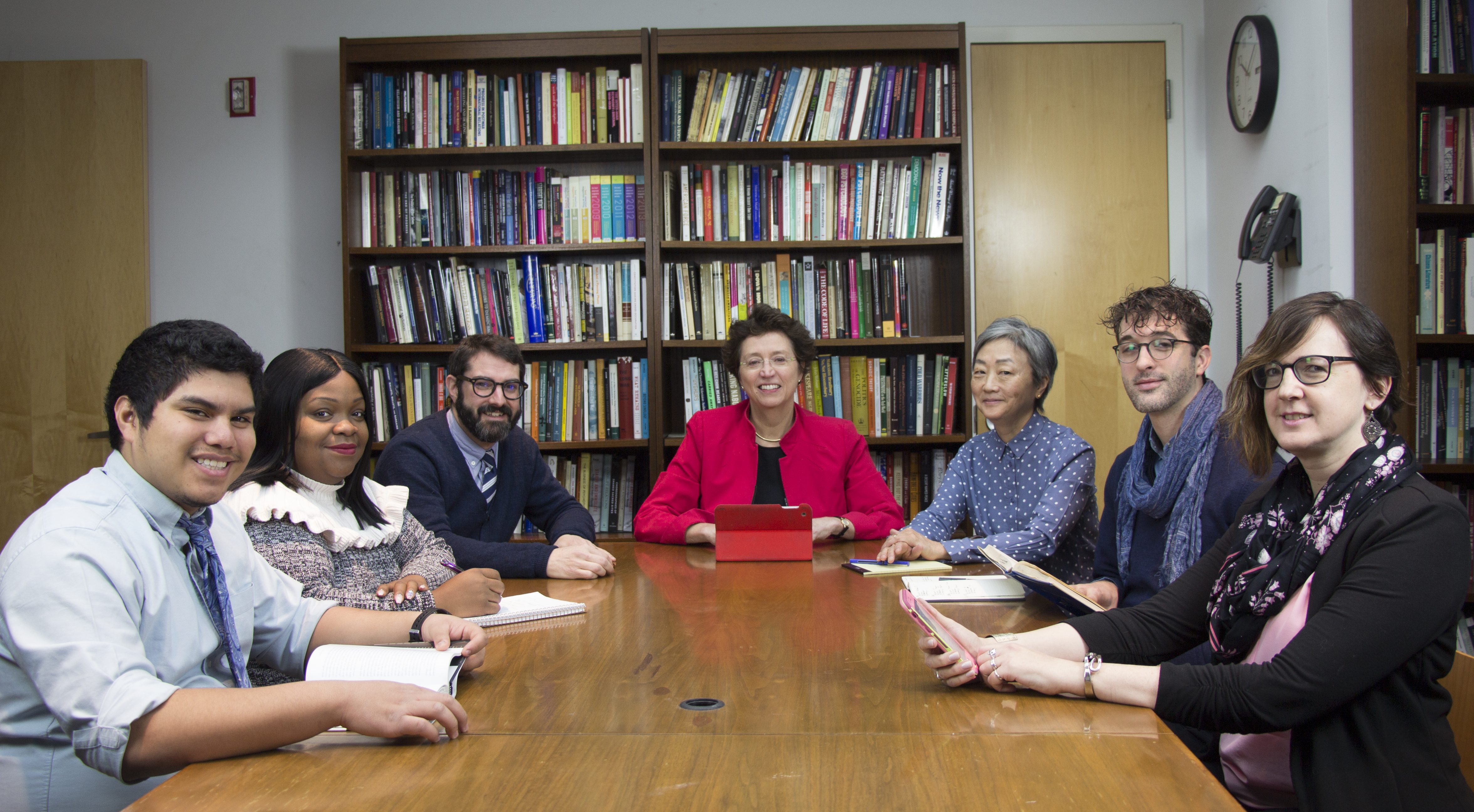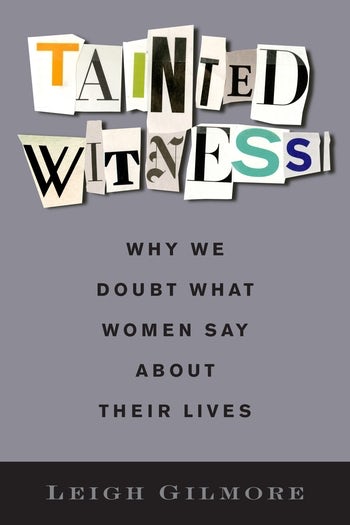A Walk Down Memory Lane: Press Director Jennifer Crewe Reflects on Her Publishing Journey

“THE BOOKS WE PUBLISH SHAPE THE WORLD OF IDEAS AND ARE ESSENTIAL TO OUR UNDERSTANDING OF SOCIETY.” — JENNIFER CREWE, ASSOCIATE PROVOST & DIRECTOR, COLUMBIA UNIVERSITY PRESS
In honor of International Women’s Day, today, we’re featuring a post from our press director Jennifer Crewe who in 2014 became the first female director of an Ivy League press.
I tell people I arrived at Columbia University Press in late 1986 from Macmillan, via Charles Scribner’s Sons, and that is true, but it elides another truth. I began working at the Press part-time while enrolled in the MFA program at Columbia’s School of the Arts. I needed a job and loved books so when I walked along 113th Street one day and saw a sign for Columbia University Press I was intrigued. I also figured I might learn some skills and explore the publishing profession in case poetry (as I suspected) wouldn’t pay the rent.
I walked into the office in McBain Hall and inquired as to whether there were any part-time openings. As I remember it, I was hired more or less on the spot with very few questions asked. My boss, William F. Bernhardt, was the humanities acquiring editor. He had gone to Columbia on the GI Bill and had spent a good deal of his publishing career as a copyeditor at the Press. He was a modest, shy man (not character traits generally found in acquisitions editors!), preferring to write letters to authors rather than call them or meet in person. He was a very good writer. (These were the days of copious letter-writing between authors and editors, when everything moved more slowly, via the U.S. Post Office, and one had time to think.) Bill typed at the intimidating speed of one hundred words per minute on a manual typewriter. I had only recently and reluctantly learned to type properly, as I’d vowed never to become a secretary. But I relented, knowing that I would need the skill to get a job and that touch-typing would be faster than my self-taught hunt-and-peck method.
Bill would spend entire mornings noisily typing letters at breakneck speed. Then his office fell silent for an hour or so while he meticulously copyedited what he’d written, using a green or red pencil. Later I would find these rough drafts in my inbox, ready for final typing on the IBM Selectric by me. I found it mortifying to plod along on the much faster machine at thirty words per minute, stopping frequently as I waited for the Wite-Out to dry. But I learned. I learned to decipher and use copyediting symbols; I learned how one edits one’s own prose to make it sharper and more direct; how an editor explains to an author what work needs to be done to change a manuscript into a successful book; how to interpret and convey a peer reviewer’s remarks tactfully; how to turn down a book gently.
The Press hired me full-time during the summer, and when fall came around and classes resumed I was moved to a new part-time position, assisting the managing editor. After graduation I stayed on at the Press full time, now a manuscript editor. I copyedited all sorts of fascinating books that I would never have picked up to read on my own, like The Foraging Strategy of Howler Monkeys: A Study in Primate Economics and Generosity and Jealousy: The Swat Pukhtun of Northern Pakistan. But after a couple of years I realized I did not have the right personality to remain that kind of editor. I wanted to acquire my own books, talk with the authors at the conception of a book idea rather than at the later stage of production, and have more interaction with the outside world. So in 1982, when I saw an ad in the New York Times for an editor at Charles Scribner’s Sons, I applied and was miraculously chosen. Macmillan bought Scribners in 1984, and I was brought into Macmillan as an acquiring editor in the college department. Two years later I got a call from John Moore, then director of the Press, asking whether I’d like to come back to Columbia as the humanities editor.
By the time I returned in late 1986 the Press had undergone some significant changes. It was more intellectually lively, and the editors had developed some cutting-edge lists. We now had an excellent design department, and the books were beginning to win design awards. And the Press was becoming wrapped up in the nascent digital revolution. We were the first university press to publish an electronic “book”—The Columbia Encyclopedia on CD-ROM. Later, we were one of the first presses to begin copyediting on screen rather than on paper. After the strictures of Macmillan’s college department, where I could only publish textbooks in English composition and literature and where the books and their designs were often clones of existing successful textbooks, I found it thrilling to be able to publish innovative trade books and monographs as well as course books by authors in a variety of fields. And I loved (and still love) having one foot in the business world and one foot in academia.
Working at a university publisher, I have been fortunate to have the opportunity to play a part in the community of scholars and the advancement of knowledge in very specific as well as very broad ways. University presses help communicate the ideas generated by faculty and enable their authors to participate in a global conversation. The books we publish shape the world of ideas and are essential to our understanding of society. This special mission has always been important to me, as has the Press’s extremely fruitful relationship with the Columbia faculty, who have served as invaluable advisers and partners over many decades. So I have stayed at the Press, becoming editorial director in 1999 and associate director in 2005. When I was named director in 2014, I felt humbled and honored to carry on the venture begun by Seth Low in 1893 and to work with my colleagues to take the Press to a new level of excellence and an exciting new period of collaboration with Columbia faculty and administrators.
8 Responses
Leave a Reply
You must be logged in to post a comment.









I’m so happy to see your work recognized, Jennifer! Happiness to you always.
Lisa (formerly Ness & Clark)
Belated thanks, Lisa!
What a wonderful recollection. It’s terrificto see the trailblazing you’ve achieved that we, as an organization, were able to experience with your father.
Phil Bryson – Hitachi
Thanks so much Phil–I hope all is well with you. I remember that trip to the Hitachi offices and all the people I met fondly.
Great post my friend…. a wonderful success story!….when are we having lunch?
Dear Charlie:
Lunch soon! I’ve been traveling quite a bit lately–hence the late response.
You are very modest! What an interesting journey…thank you for sharing it. Warm regards,
Thanks so much! Hoping you are well.